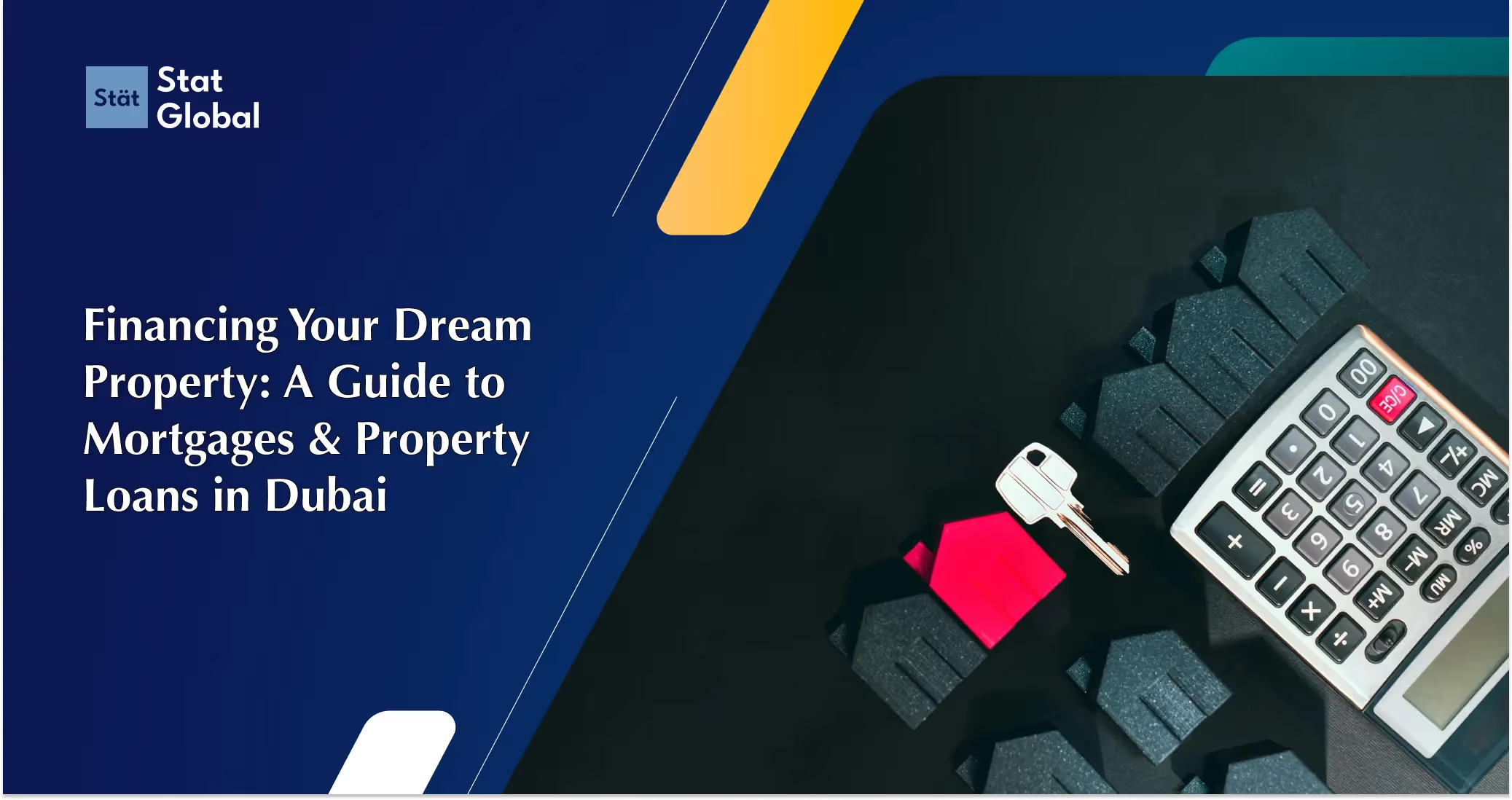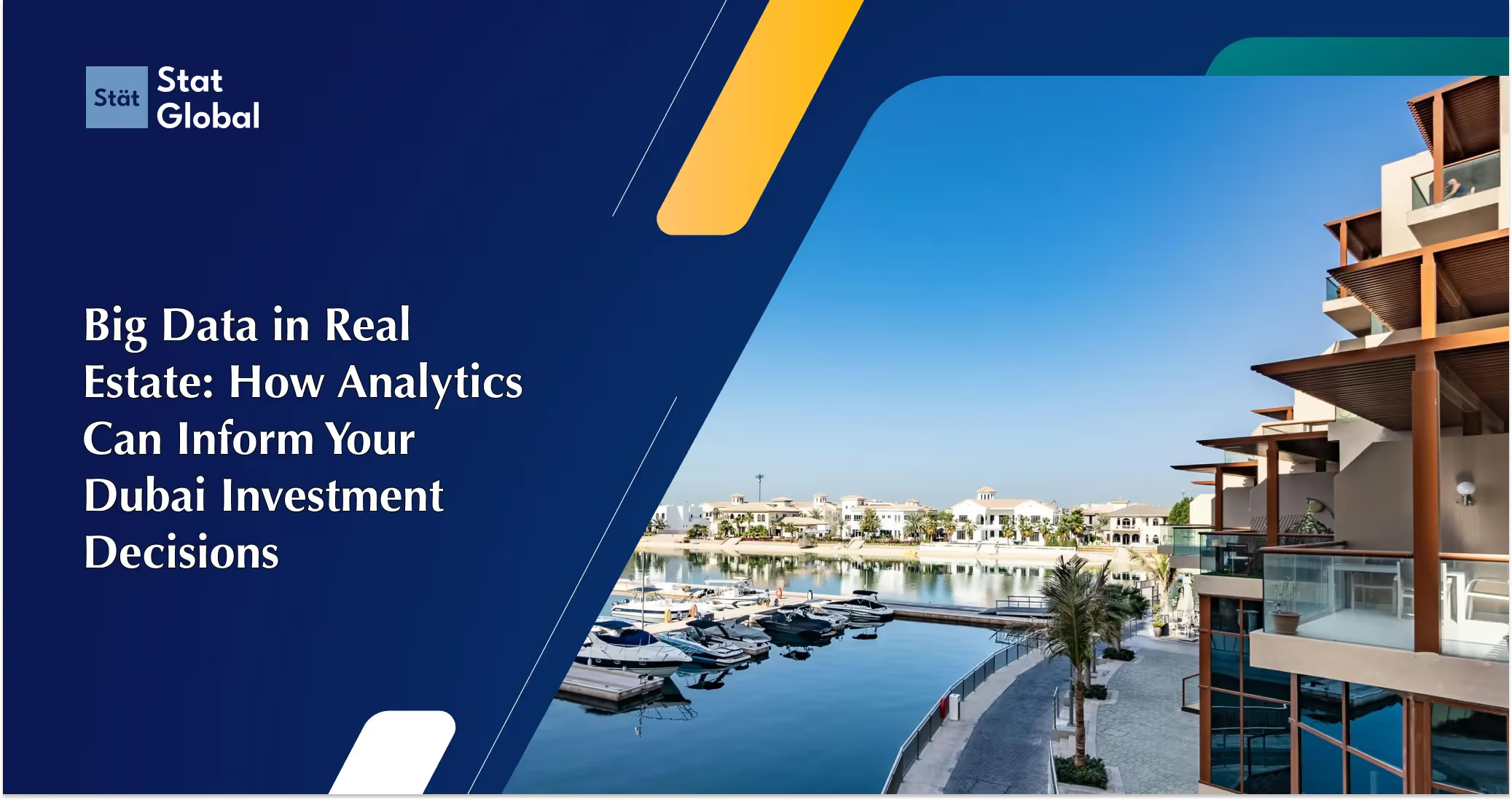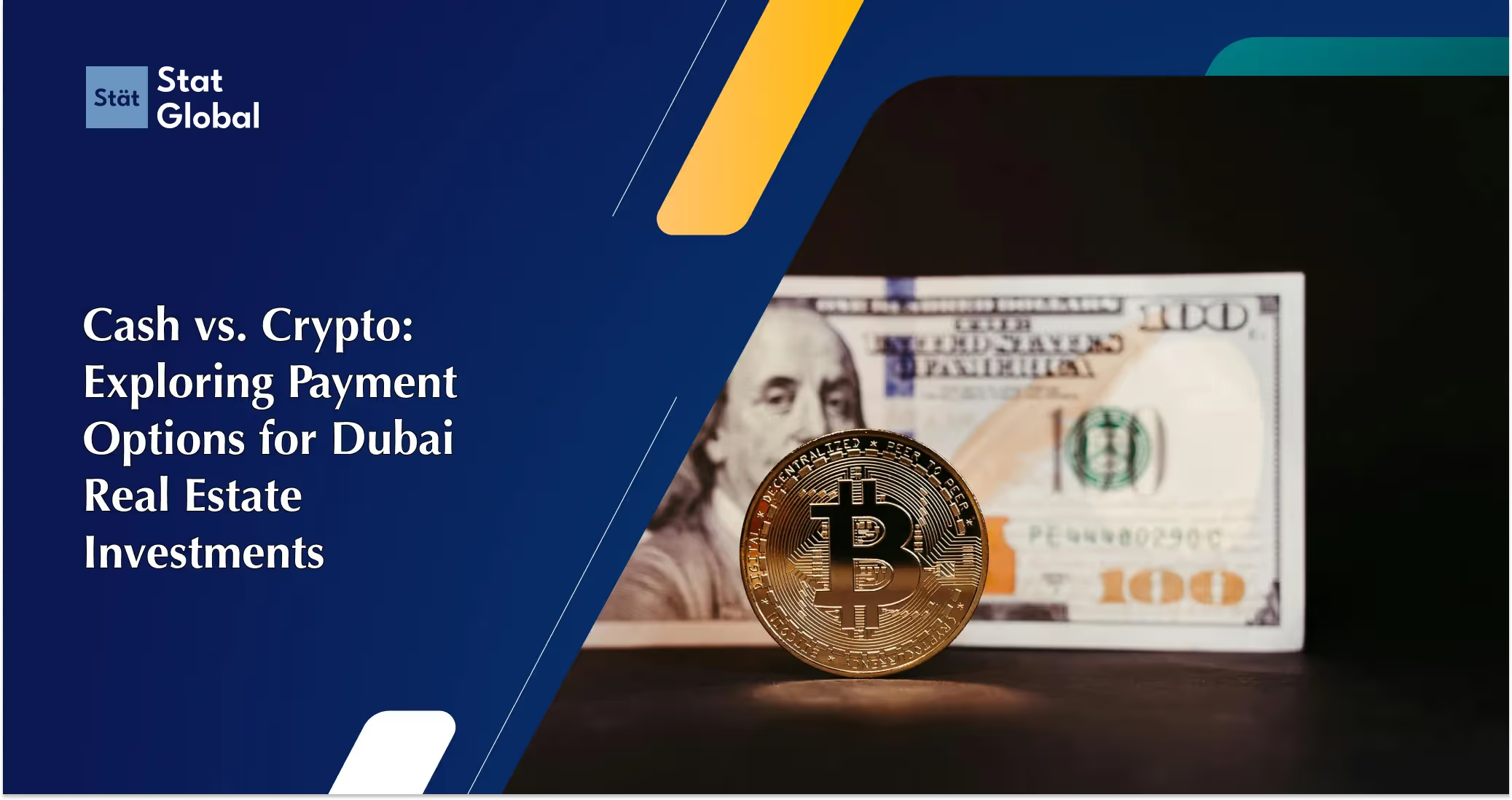
Financing Your Dream Property: A Guide to Mortgages & Property Loans in Dubai
Dubai’s real estate market stands out globally not only for its growth but also for its accommodating financing options for international investors. Since Dubai’s legal reforms in 2002, foreigners can purchase and finance properties in designated freehold areas. This, combined with competitive mortgage products, has made Dubai an attractive market for those seeking a new home or rental investment property. Foreign investors can obtain loans with flexible loan-to-value (LTV) ratios, though these often differ from those offered to residents. For those new to Dubai’s market, understanding the variety of mortgage products and eligibility criteria is crucial to making informed investment decisions.
Understanding Dubai’s Mortgage Options
Dubai’s mortgage market offers various financing options for both residents and non-residents. Here are some key mortgage types:
- Fixed-Rate Mortgages: These loans maintain a constant interest rate for an initial period, typically between 1 to 5 years, providing predictable monthly payments. After this period, the mortgage rate usually adjusts to match current rates set by the bank. Fixed-rate mortgages are appealing for investors who prefer budgeting stability and protection from market rate fluctuations.
- Variable-Rate Mortgages: Unlike fixed-rate loans, variable-rate mortgages adjust according to market interest rates, which means monthly payments can vary. Generally, variable-rate mortgages offer lower initial rates compared to fixed-rate options, which can be beneficial in times of low-interest rates, but they also carry the risk of rising costs if rates increase.
- Islamic Mortgages: These Sharia-compliant loans avoid charging interest, which is prohibited under Islamic law. Instead, banks purchase the property and lease it back to the investor at a pre-determined profit margin. Islamic mortgages are popular among UAE nationals and Muslim investors and are provided by many local banks (Wise, 2023; Bayut, 2023).
Eligibility Criteria for Foreign Investors
Non-residents can access property financing in Dubai, but the requirements vary by lender. Here are the main criteria to keep in mind:
- Income Requirements: Non-residents typically need to demonstrate a stable income. Most banks require a minimum monthly income, with many setting thresholds around AED 15,000 (approximately $4,000 USD) to qualify. Higher income requirements may apply to self-employed applicants due to variable earnings (Wise, 2023).
- Down Payment: Non-residents are usually required to make a down payment of at least 25% for properties up to AED 5 million, and 35% for properties valued above AED 5 million. These down payments are higher than those required for UAE residents but are relatively competitive in the international real estate market (PropertyNews.ae, 2023).
- Documentation: Non-resident investors must provide proof of identity (e.g., passport), income verification (e.g., payslips, tax returns, or bank statements from the past 3 to 6 months), and sometimes property insurance. Many banks also require proof of address and, in some cases, specific approval for properties in designated freehold areas.
Understanding these criteria helps investors prepare in advance and increases their chances of mortgage approval. Dubai’s mortgage market offers flexibility, but each lender has unique requirements, so verifying these details with individual banks is essential.
Choosing the Right Lender and Loan Terms
Selecting a mortgage lender and deciding on loan terms are critical steps in the financing process. Here are factors to consider:
- Interest Rates: Rates vary by lender and depend on factors such as loan type, down payment size, and the borrower’s financial profile. Interest rates in Dubai currently range from approximately 3% to 5% for standard mortgages, though these rates are subject to change based on economic conditions (Wise, 2023).
- Loan Tenure: While UAE residents may qualify for loans with terms of up to 25 years, non-residents often face shorter loan tenures, typically 15 to 20 years. It’s also important to note that banks may impose age restrictions, requiring that the loan is paid off before the borrower reaches a certain age (often 65 for salaried individuals and 70 for self-employed).
- Fees and Additional Costs: In addition to interest rates, investors should be aware of fees, including processing fees, mortgage registration (0.25% of the loan amount), and potential early repayment penalties. Insurance, such as property and loan protection insurance, may also be required, adding to the overall cost of financing.
Comparing lenders based on these terms is essential. Some investors opt to work with a mortgage broker, especially if they’re unfamiliar with the Dubai market, as brokers can offer access to multiple lenders and help negotiate favorable terms.
Making Informed Financing Decisions
Investing in Dubai’s real estate through mortgages provides access to one of the world’s most dynamic property markets. International investors can secure financing that aligns with their financial goals by understanding the various mortgage options, eligibility criteria, and lender terms. For those considering a property in Dubai, it’s wise to research thoroughly and, if necessary, consult professionals who can provide insights into optimal mortgage structures for long-term success.
For further guidance on building a diversified real estate portfolio in Dubai, or for more information on financing options, visit Stat Global to explore strategic investment opportunities.


.svg)










